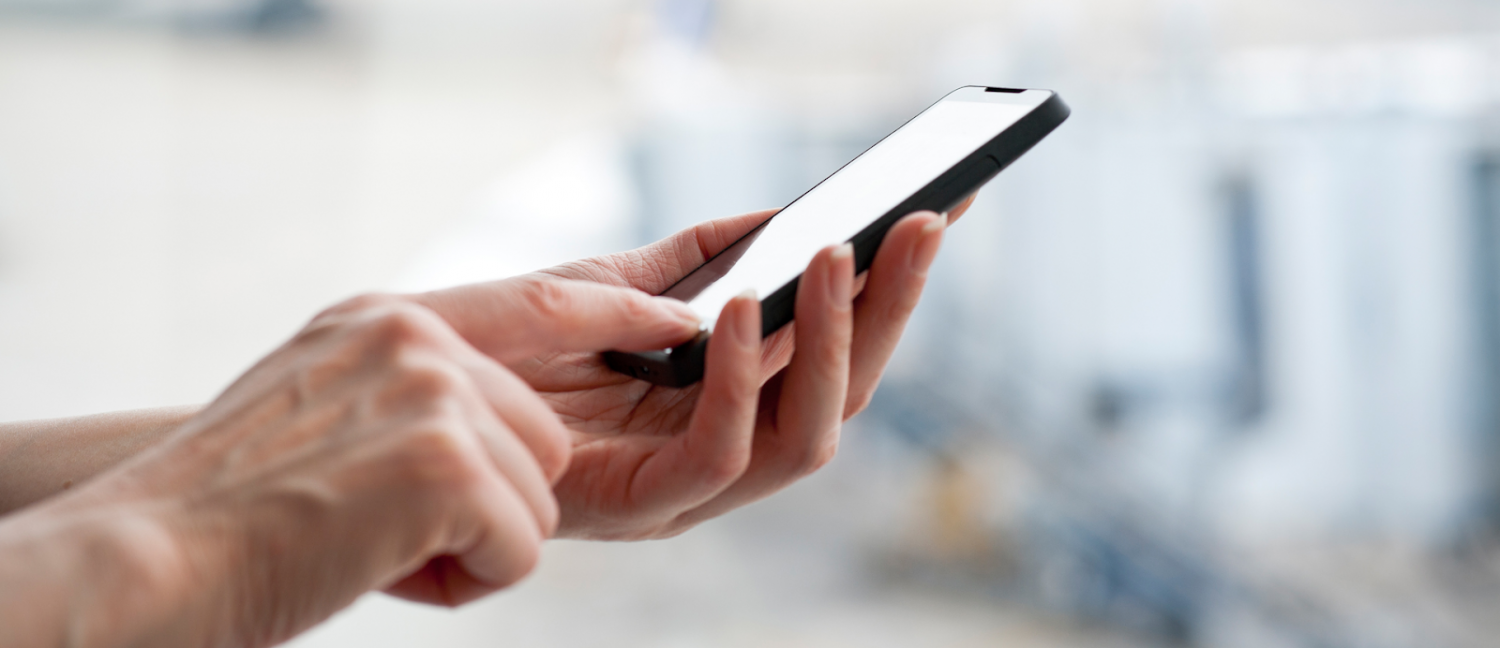
New Zealand's government has been quietly investigating if people arriving into the country and those working at its borders should adopt an iPhone app to detect COVID-19, which works up to three days before symptoms show.
ACT party leader David Seymour first urged New Zealand's government to support the app last year. "It's an absolute game-changer and totally unexpected. This is something the Government should have been supporting since day one," he said.
The app that government officials and medical authorities alike are researching is ëlarm.
Created in Auckland, New Zealand and called "the future of healthcare" by epidemiologist Michael Baker, ëlarm may alter the way the country fights in the battle against covid-19 and other diseases.
ëlarm connects to wearable devices, such as Apple Watch and Fitbit, and most other smartwatches to spot the small physiological changes that occur at the initial stages of illness.
The app was designed by a company called Datamine in March. By June, top officials in government validated its efficacy and are now visualizing ways to help New Zealand reduce infections within its borders.
The app works by evaluating health data collected by a wearable device and detecting biometric changes that occur when the body begins fighting against the virus. These changes include variations in measurements such as respiratory rate, resting heart rate, skin temperature, and more.
It runs these changes through a model built by Datamine to analyze the user's health data to detect the symptoms of the virus before the user is aware they may be experiencing them.
ëlarm is the world's first to leverage wearables in the fight against covid-19 in a way that works across multiple devices during this presymptomatic, highly-viral period.
The app is available in both Apple's and Google's app store with users in 56 countries.
Paul O'Connor, Datamine's founder, says that its effectiveness increases in the fight against covid-19 as new users adopt the app. With each new user on the app, O'Connor expects the artificial intelligence to keep learning and become even more accurate. "We've now got the ëlarm system to over 80 percent accuracy in terms of detecting Covid-19 two to three days before somebody actually knows that they're sick," he says.
While the government of New Zealand has been quiet on its interactions with ëlarm, The Ministry of Health has confirmed it's in "active discussions" with the app maker about possible use cases within the government for their fight against the spread of covid-19 within its borders.
Paul O'Connor is not at liberty to discuss deeper details just yet, but he did say it can be useful for people working at the border, returning to New Zealand, and more. "We have had discussions around people coming into the country using the ëlarm system. So having a wearable on and seeing if there are any changes when they're travelling or before they're travelling ... and then when they come into the country in managed isolation," he said.
ëlarm has garnered attention and praise from those within the medical community as well, like epidemiologist Michael Baker. He notes that covid-19 spreads so quickly because of the virus's ability to infect others during early stages of viral shedding.
This is the phase where people are infectious but it begins about 48 hours before symptoms show.
As a result, being able to detect the virus early is an especially important problem to solve.
"This has real potential."
For example, Baker sees the potential that this app could be used to replace the daily health checks that nurses complete. He notes that every interaction, including a momentary temperature check, carries a risk of infection.
"If, instead of doing that, you could issue everyone who's going through [managed isolation and quarantine] an app for their phone and a device that would continually monitor key indicators, or early indicators, of potential infection, that could be a great improvement," Baker said.
"In a post-vaccine COVID-19 world, it might be appropriate to have a much wider range of people using this kind of technology from Datamine. It might be appropriate that all people visiting the country have to use it for a period of time after entering in substitution for quarantine, if they can also show they have an immunity effect and have come from a country with a very low-risk," he said.
Baker believes ëlarm is an example of how wearable technologies can be a game-changer beyond covid-19. "This is the future of healthcare and early disease detection and possible even screening, that we make better use of the data that we can get, that we can harness, from other devices," he said.
New Zealand's government thinks Baker and ëlarm's most ardent supporters may be right.
* This is a contributed article and this content does not necessarily represent the views of techtimes.com









